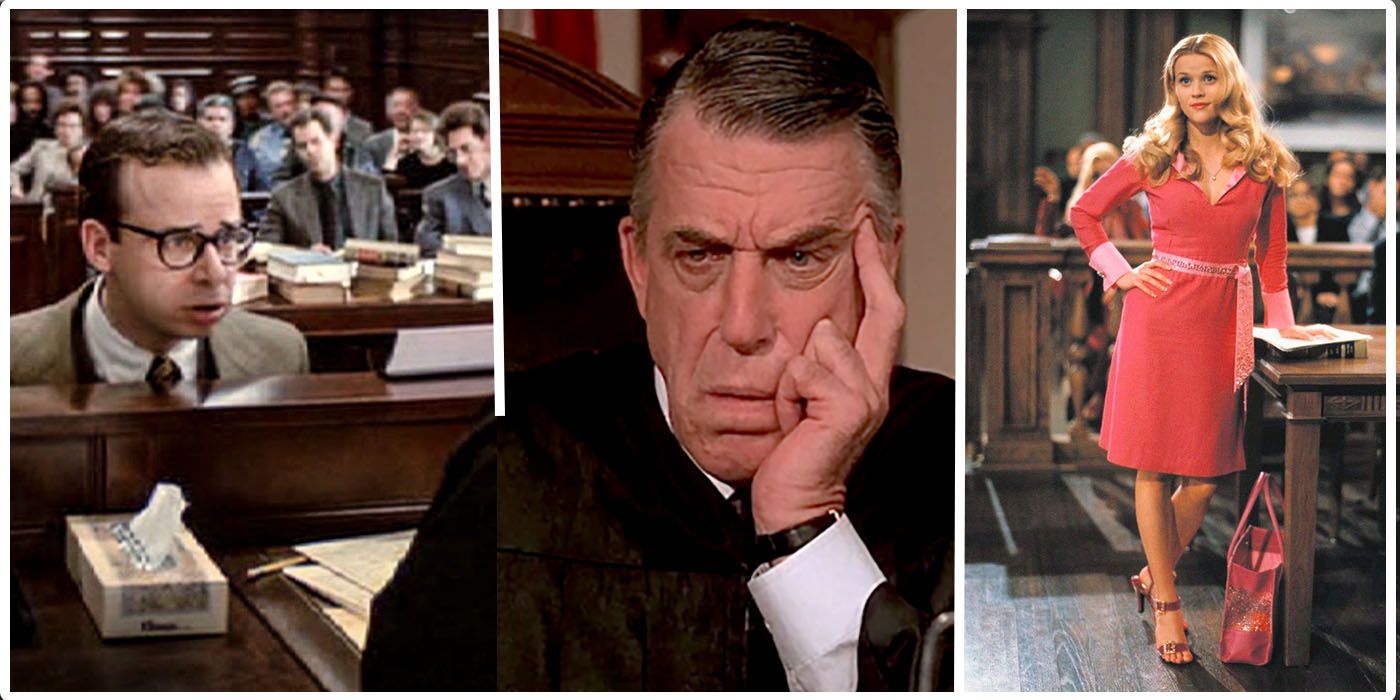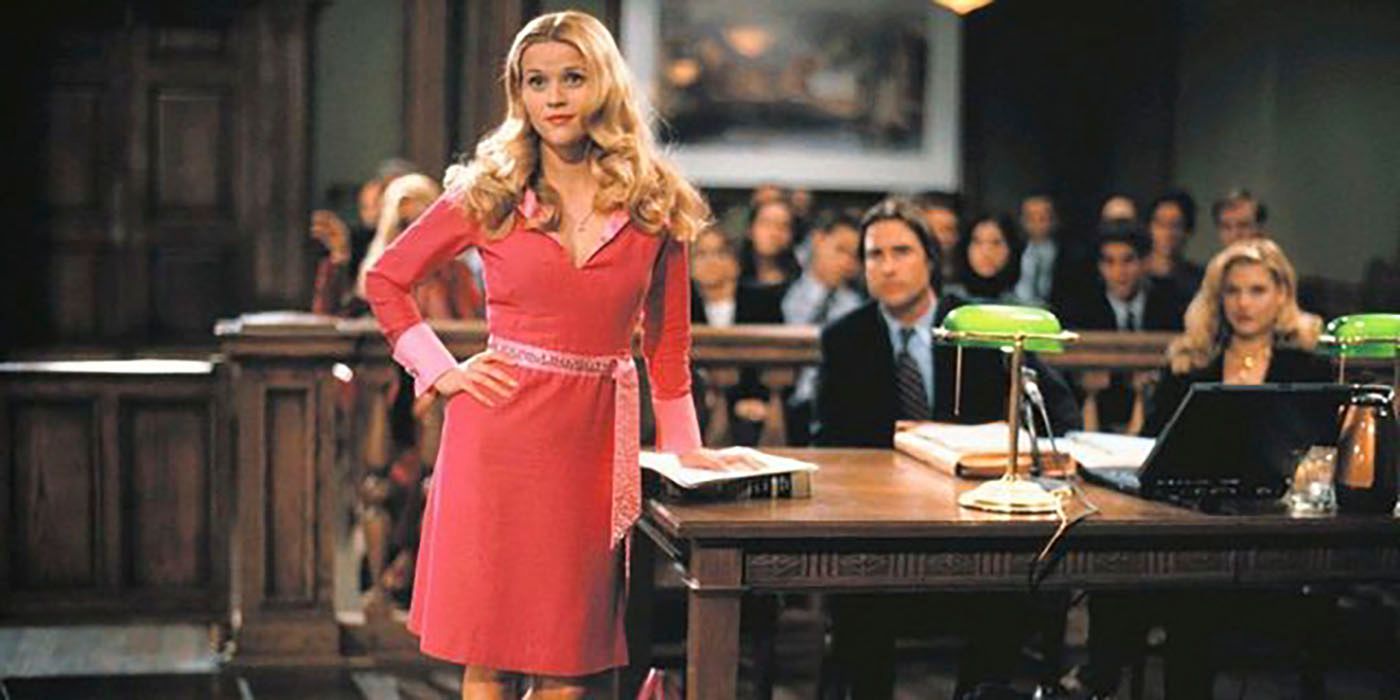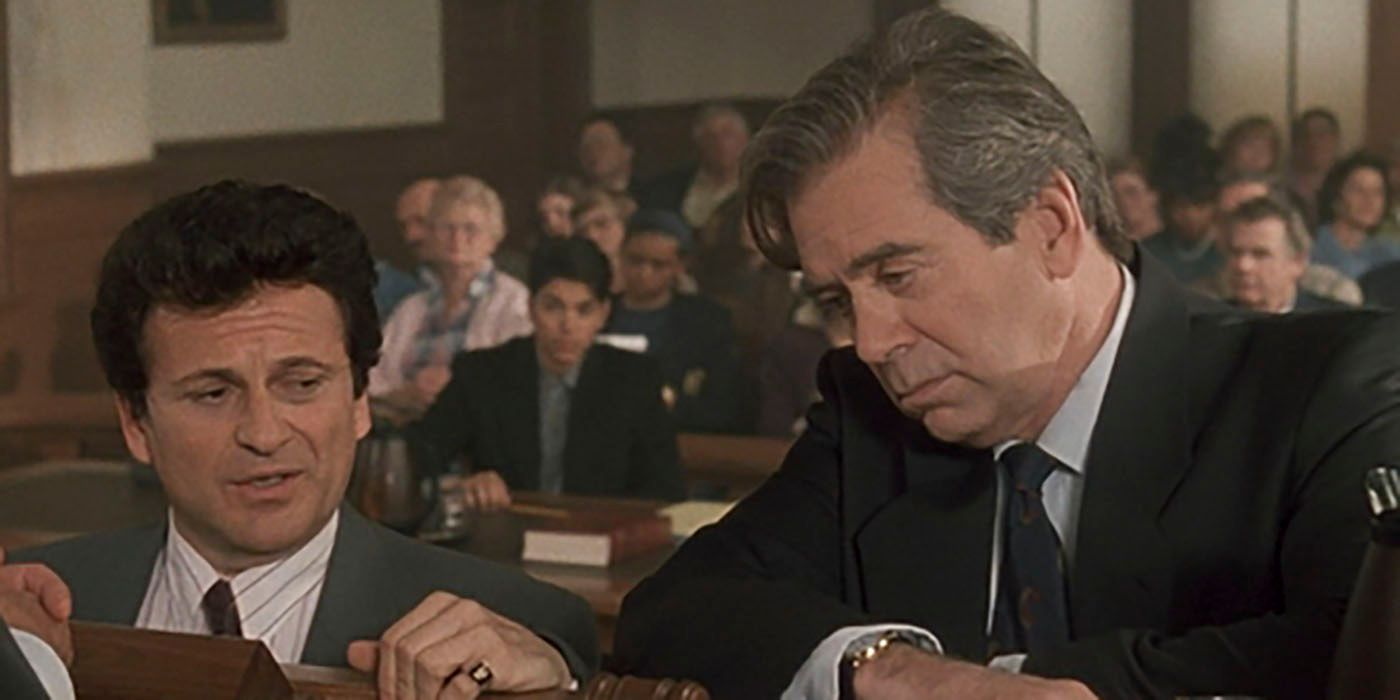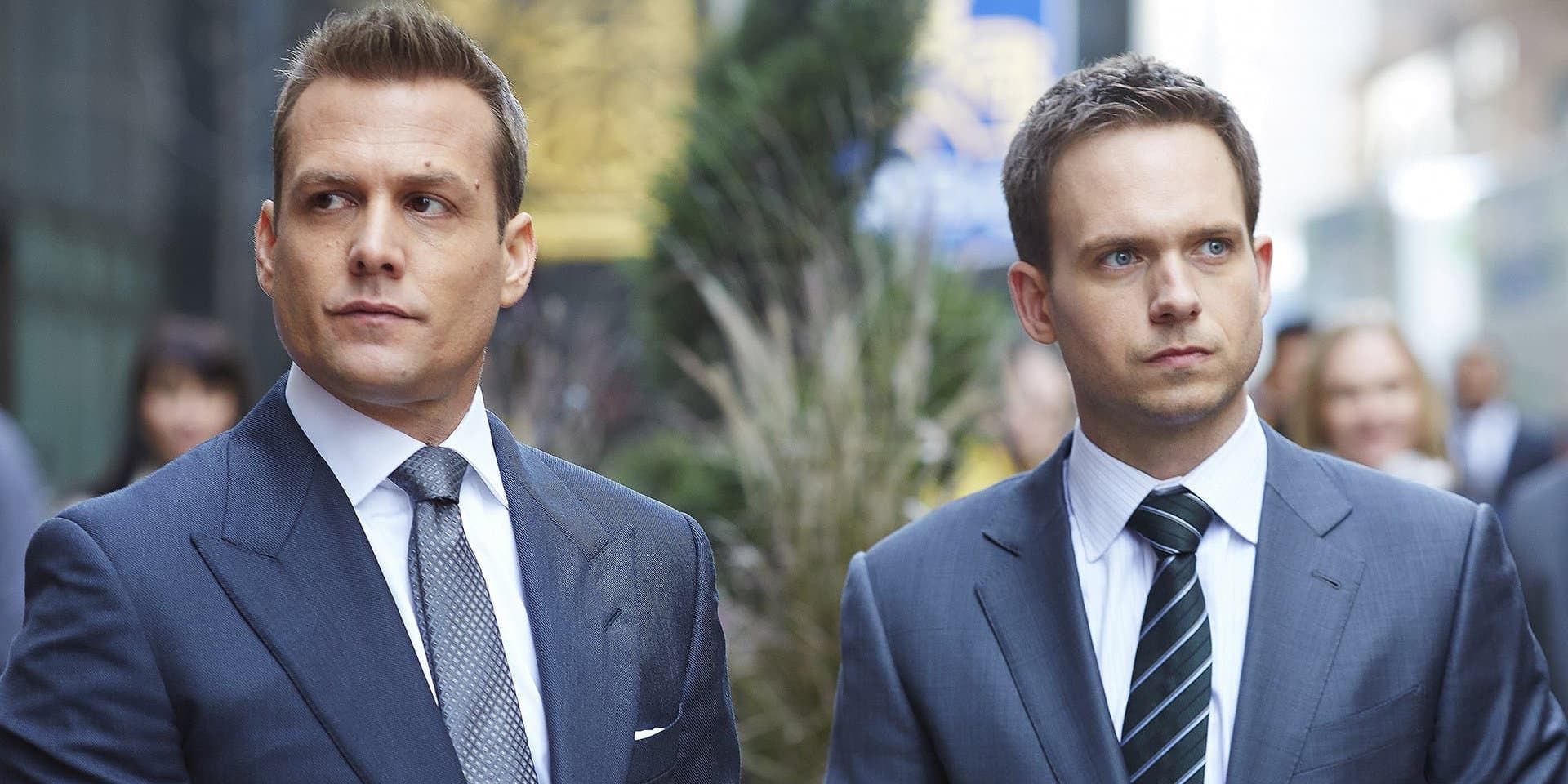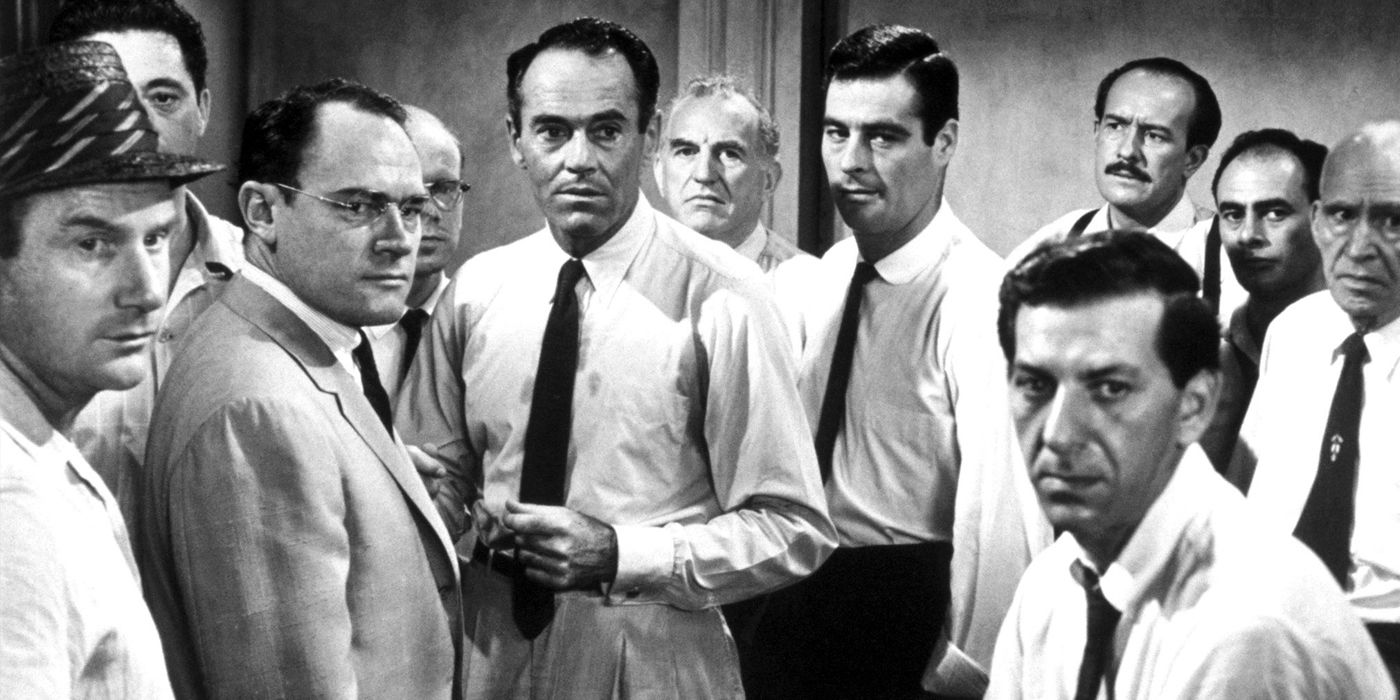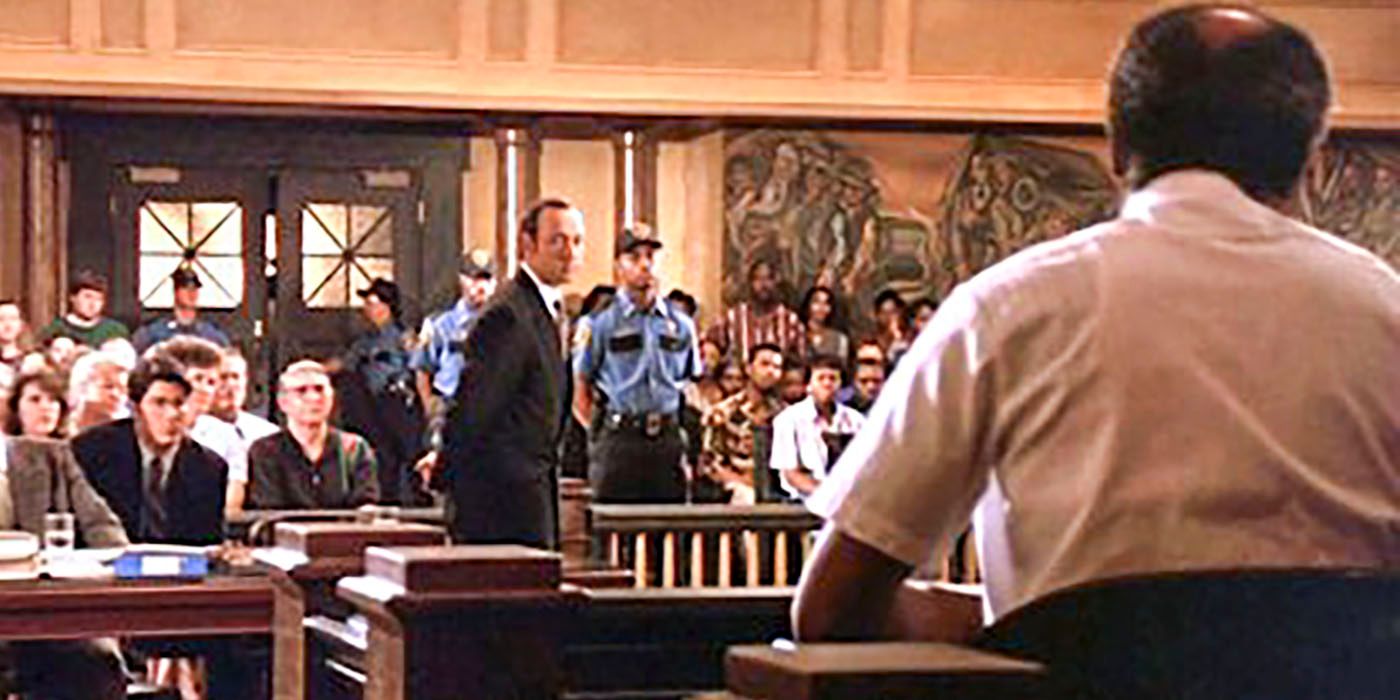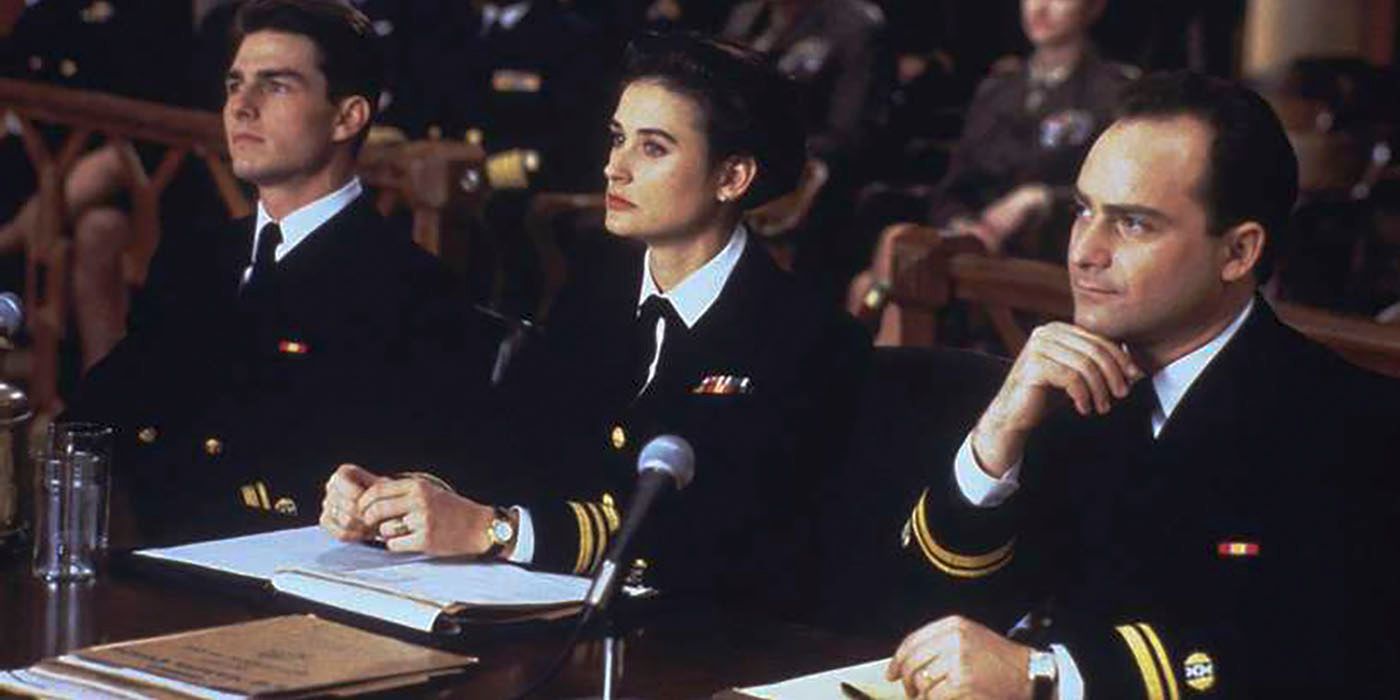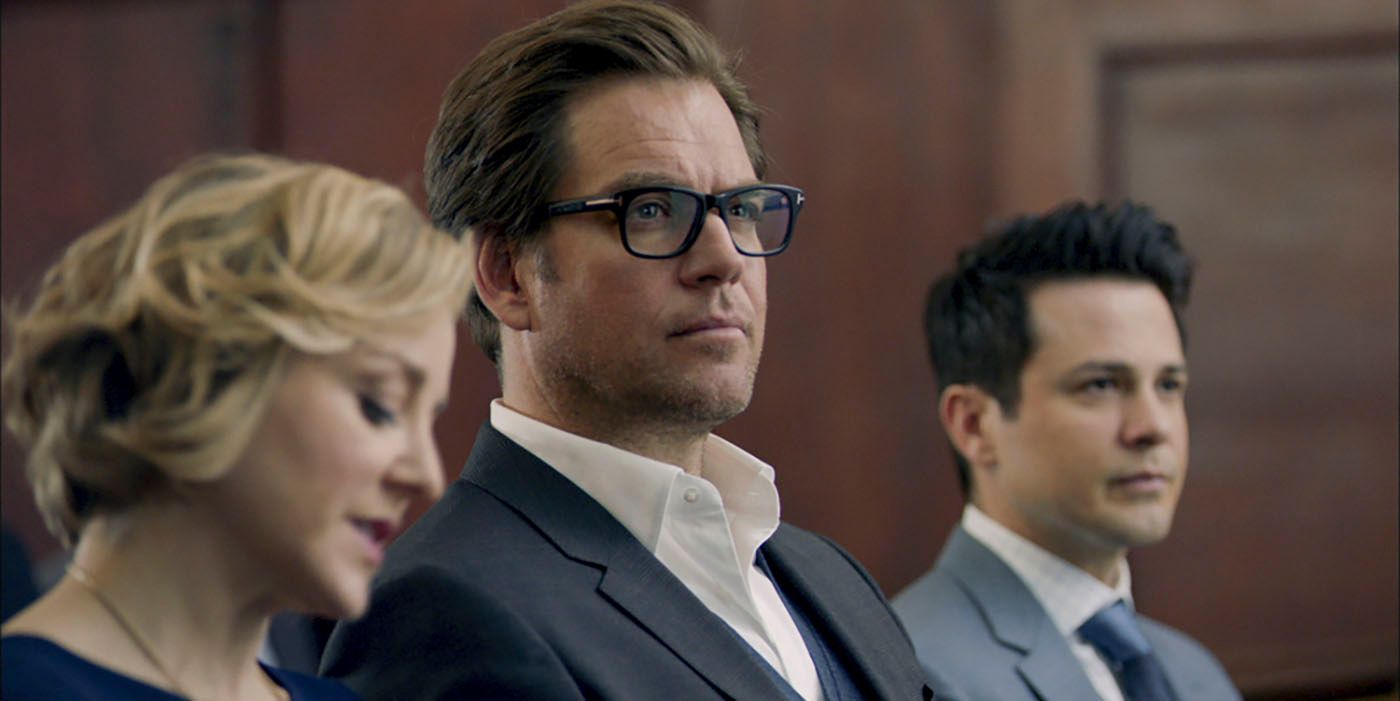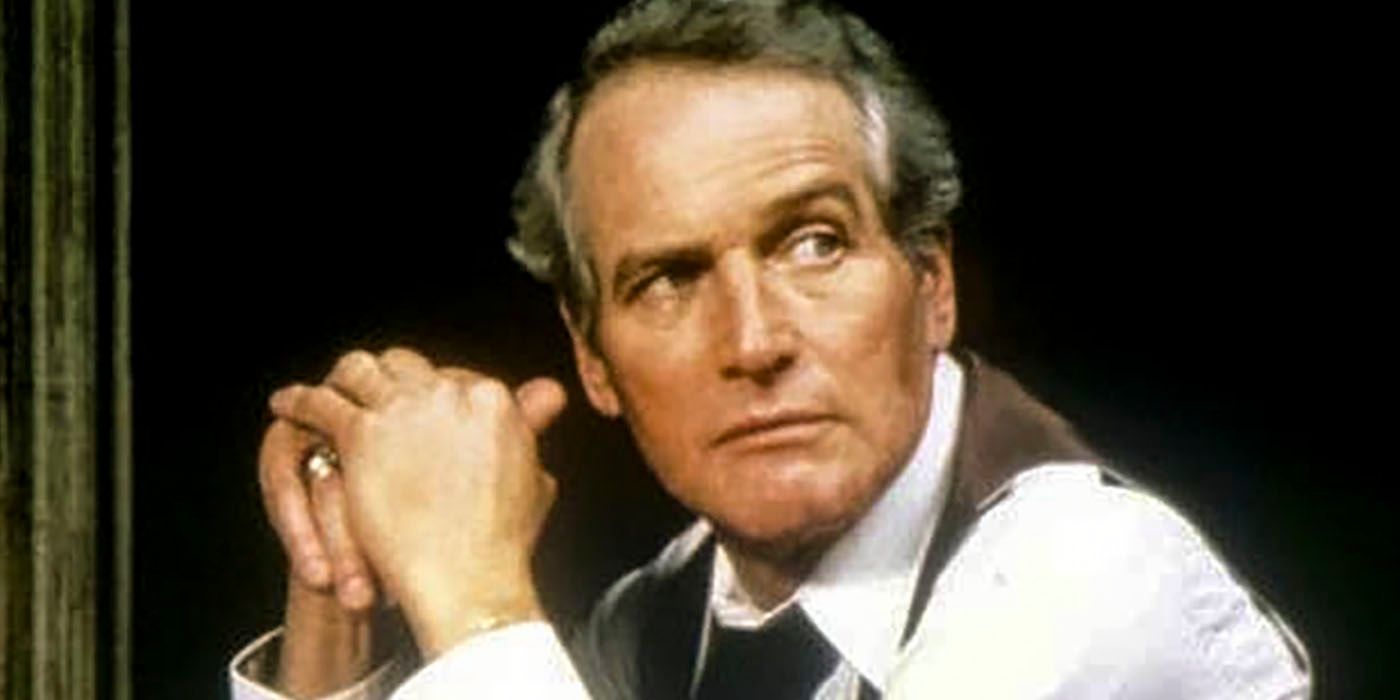Legal drama has been a staple of TV and movies for decades, and iconic performances have centered on courtroom scenes. But those scenes, more times than not, serve the story, not as a lesson on the legal procedure or the law. There are great reasons for this—storytelling, time constraints—and sometimes those missteps are small enough not to mar those aspects.
But there are some crimes against the legal system that movies commit over and over again, so much so that they are believed by many to be how things really work in a courtroom. Some of those mistakes are small faux pas, while some others will find one in contempt.
9 Things move too fast & too slow
The average time between arrest and conviction in the U.S. is about 6 months, and if there is a jury involved, it jumps to 9 months, according to the Department of Justice. The length of time can vary greatly depending on the crime, but in the movies, things move a lot faster, with the accused being on trial before they even need a haircut.
While the Sixth Amendment states that the accused has the right to a speedy and public trial, it says nothing about the length of the trial, so these cases can go on for as long as they need to present all the evidence.
8 Lawyers aren’t allowed to wander around
It’s as normal in TV and movie courts for the lawyers on both sides to pace in front of the jury to deliver their opening and closing statements. Maybe they get in the face of a witness, like Tom Cruise in A Few Good Men.
In reality, though, lawyers stand at their table or at a podium when called up by the judge or when delivering evidence. Far less dramatic than their movie counterparts, but also far less disruptive. It is covered in the rules of professional conduct for more jurisdictions.
7 Lawyers do not bicker with each other in front of the court
While it seems logical that people in this type of profession would be very good at arguing with each other, and movies do play this up, in a real courtroom, the attorneys rarely address each other directly. They present their case to the court and to the judge or jury, not each other.
There are ways to stick it to the other side subtly—or not so subtly if they’re in on the joke—when in court. The phrase “my learned colleague” is often used to denote the other side as presenting an idiotic or ridiculous case or point. But passive aggression aside, the lawyers will not directly fight in the courtroom.
6 It doesn’t matter how you became a lawyer, just don’t commit fraud
People do lie about being lawyers. It happens a lot, but in most cases, it's people who are law students or other people associated with the profession who misrepresent themselves to a client.
People like Mike in the series Suits do not exist the way the show presents. One does need to go to law school to write the Bar exam in New York, though. He went to jail on conspiracy to commit fraud, which, no matter how one became a lawyer, will likely end in getting disbarred.
5 Jury selection is not the ordeal it is made out to be
It’s treated either as a trial within a trial with lengthy questioning of each juror or it’s a joke with a little old lady claiming the defendant should be “fried,” and she’s picked by the prosecution as a perfectly acceptable option. But in reality, jury selection moves relatively quickly. In the U.S., each side can strike twenty potential jurors for any reason in civil cases, the defense gets ten and the prosecution gets six in felony cases. That is usually the part that is shown in the movies.
The system is far from perfect and claims of discrimination during jury selection are one of the most common reasons for appeal in criminal cases.
4 Taking the Fifth doesn’t mean you’re guilty
There is an unfortunate implication in a lot of crime drama that if someone won’t talk to the police or testify in court, they must be guilty. In fact, many lawyers advise against taking the stand, even if the client is innocent because it’s impossible to know what the District Attorney or Crown will ask or how they will react. It’s a propaganda tool on TV, meant to show the police and D.A.s as the good guys who aren’t wrong, and only break the rules because they “have to.”
In crime dramas, the high drama of a confession on the stand, or tears of innocence is the good stuff. In reality, if a client can’t perform perfectly—especially in a jury trial—and appear perfectly innocent, it can harm their case more than help, even when they’re innocent.
3 The defense does not have to prove innocence, the prosecution needs to prove guilt
It’s a standard story. The defense attorney risks everything to prove the innocence of his client, fighting corrupt law enforcement. But that’s not really the point in real life.
The burden of proof is on the prosecution to prove that the defendant did what they claim he did. All the defense has to do is create doubt—reasonable doubt, of course—as to whether or not it is possible that something else happened. The only time this comes up on TV or in movies is with the stereotypical greasy defense attorney defending the worst of the worst repeat offenders.
2 No, the lawyers cannot wear an earpiece to get extra info
Any recording devices or transmitters that have not been cleared with the judge ahead of time are not allowed inside a courtroom while the court is in session. So, Bull’s preeminent psychologist and his team feeding the lawyers information about the prospective jurors or a witness, are in contempt of court and could be facing jail time.
While TV cameras have been allowed in courts for high-profile trials, there are strict rules that have to be followed by the broadcaster during those tapings.
1 Surprises are not an option
The music swells, the courtroom doors burst open. It is the Surprise Witness. They saw it all but haven’t said anything or refused to say anything until this very moment. The judge allows it without giving the other side the chance to review the information this witness will provide, and our heroes win!
That doesn’t happen. Any evidence and witnesses have to be accessible to both sides and accounted for before the trial starts. There are ways to work around this in extreme situations or as a rebuttal to expert witnesses—think of Mona Lisa Vito’s testimony in My Cousin Vinny—but all the cards should be on the table by the time the trial starts.

